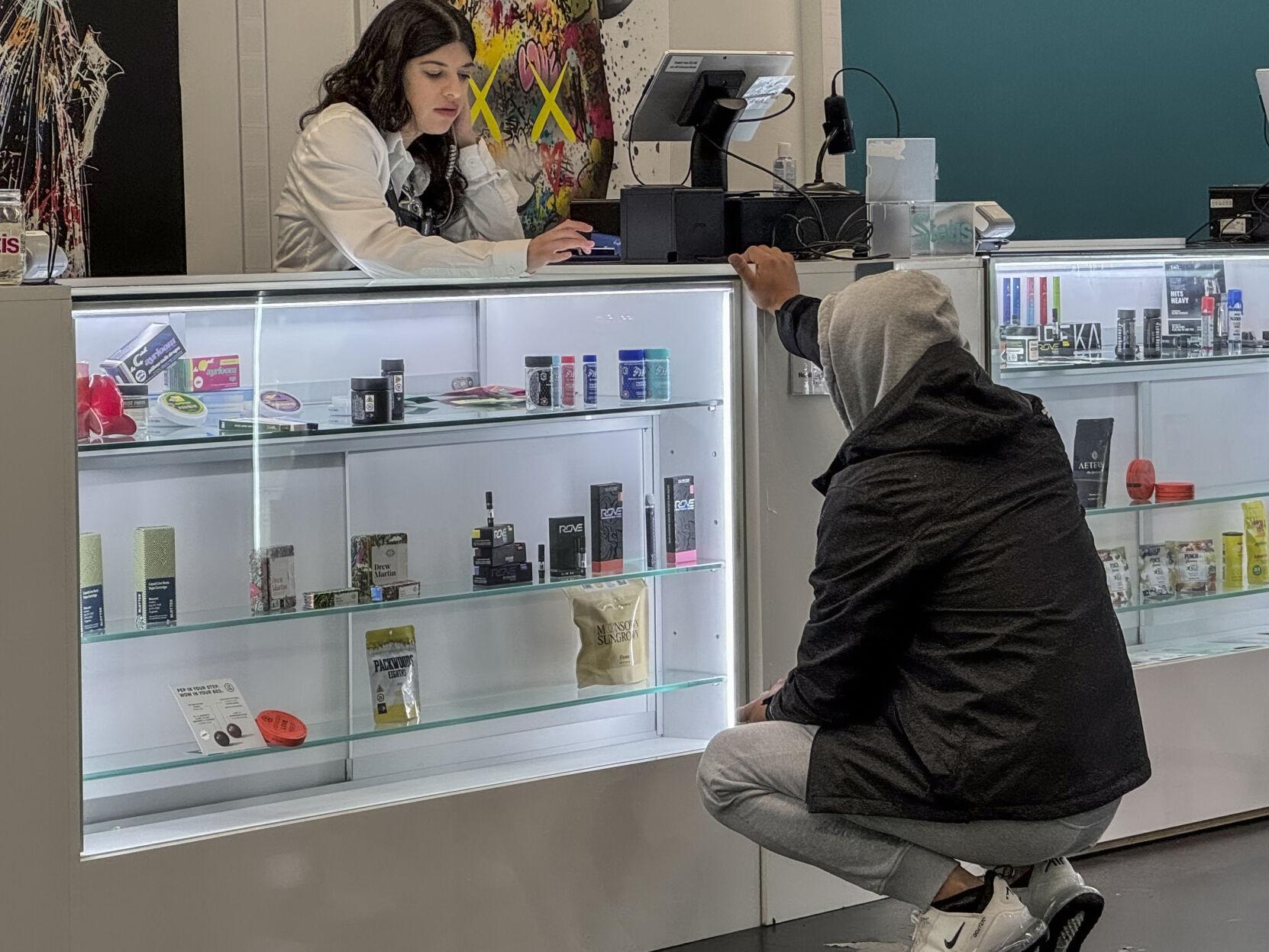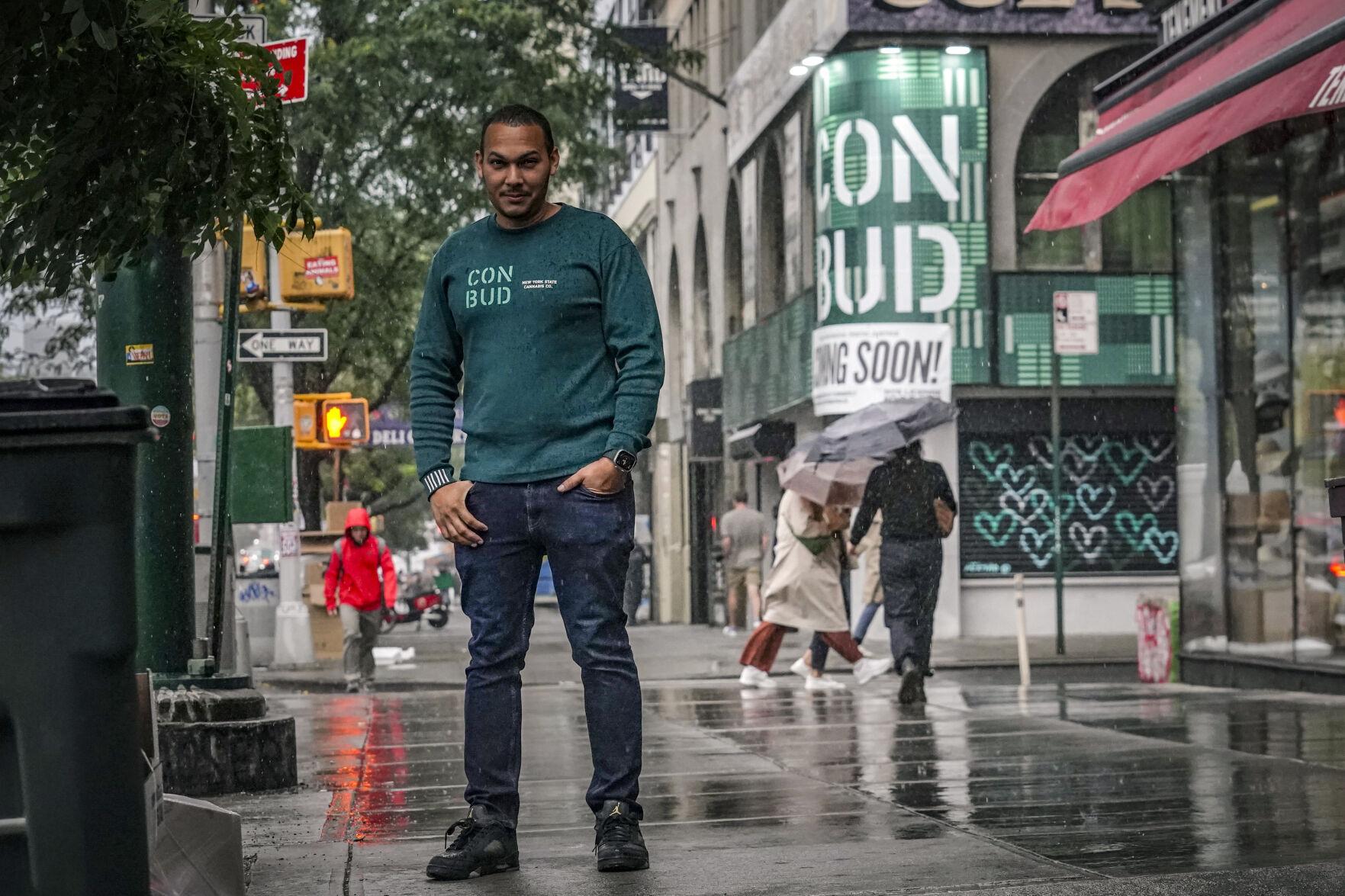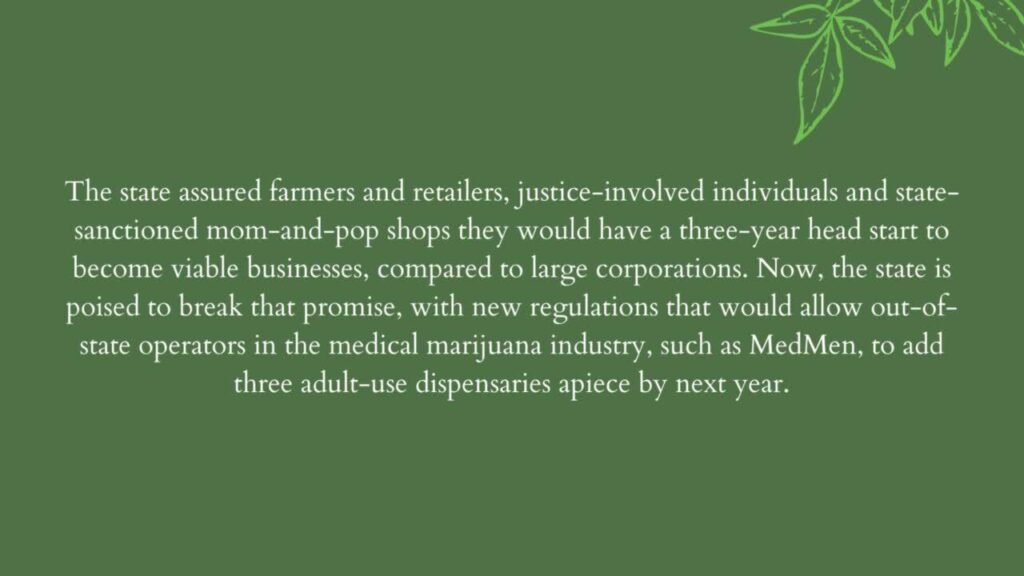RAVENA, N.Y. — New York officials launched legal recreational marijuana sales by promising many of the first retail licenses to people with past drug convictions, hoping to give people harmed by the war on drugs a chance to succeed before competitors crowded in.
But more than nine months after sales started, only about two dozen state-sanctioned dispensaries have opened their doors. Legal challenges over the state’s permitting process have left more than 400 provisional licensees in limbo. Marijuana farmers are reeling because there are too few stores to sell their harvest.

State regulators are now expanding the market amid those troubles. They recently opened up a 60-day general application window to grow, process, distribute or sell marijuana, expecting to issue more than 1,000 new licenses. New rules also will allow companies licensed to grow and sell medical marijuana in New York to get into the recreational market.
The moves are expected to boost the number of legal dispensaries in a market now dominated by black-market sellers who simply opened retail stores without a license. But the prospect of competing with the medical providers worries some farmers and retailers who fear being squeezed by deeper-pocketed companies before they had a chance to establish themselves.
“My concern is that they have all the money to bleed us out,” said Coss Marte, whose opening of CONBUD dispensary in Manhattan was pushed back by a lawsuit against state regulators. “They’re vertically integrated. So now what they could do is … grow their own product at the cheapest price and basically outbid all the farmers, all our products and all our pricing.”

Critics blame New York’s slow retail growth partly on bureaucratic issues, like delays in setting up a $200 million “social equity” fund to help applicants open shops. The rollout also was hobbled by lawsuits on behalf of people and businesses excluded from the first wave of retail licenses.
Marte’s shop was among those temporarily blocked by a judge from opening after a group sued on behalf of disabled veterans, saying they were wrongly excluded from applying for a license. Marte, who has a past drug arrest, was paying rent on a store he could not open.
H/T: kenoshanews.com



